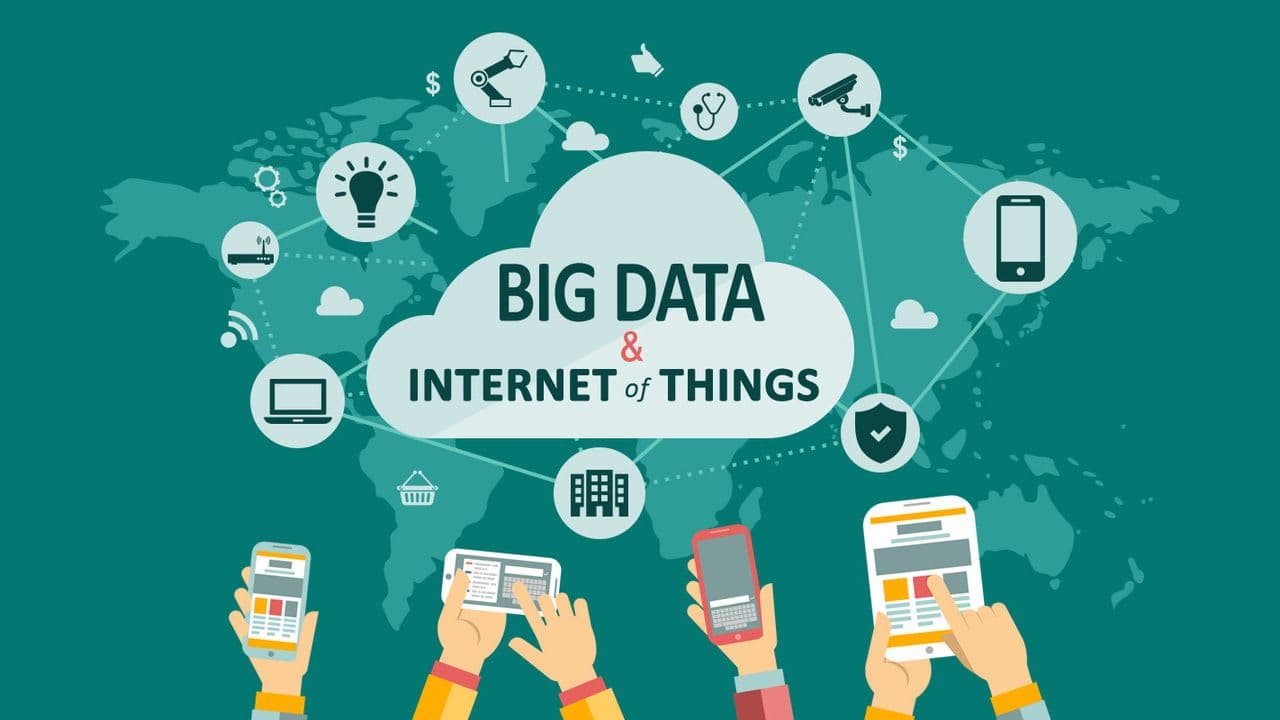How is IoT Related to Big Data Analytics?
Michael Stonebraker on theCUBE at the MIT CDOIQ Symposium 2015
[youtube https://www.youtube.com/watch?v=ipbrsRnmAsY?rel=0]
Between now and when hell freezes over when we get all this data governance stuff to actually work there is a huge amount of value to be had from doing after-the-fact integration. What’s more, data governance actually only works until you buy your next company.
Big data is a marketing buzzword that means all kinds of different things. To me it means I either got too much data–I got a volume problem, or it means the data comes at me too fast and my systems can’t keep up–I have a velocity problem, or it’s coming at me from too many places and I have a variety problem which is I can’t put this stuff together.
In every vertical market today, there are technologies that will beat the traditional relational database vendors by 1 to 2 orders of magnitude. The historical relational database systems are not good for anything anymore. There are going to be somewhere between half a dozen and a dozen database technologies that are going to survive, all different, and none of them are going to be the architecture of the existing legacy engines.”
[On Ingres and Oracle]
[Ingres and Oracle?] In 1984, IBM announced DB2. In a single day, SQL became the inter-galactic standard. Oracle used SQL. Everybody agreed Ingres’ QUEL was a better language, but it was dead in a day. It took Ingres about a year to get SQL but Oracle leaped ahead in the intervening year. Than Larry Ellison adopted what’s called the America’s Cup strategy which is if you are in the boat ahead you know exactly what the boat behind you is doing and you stay ahead. Whatever Ingres did, Oracle copied it and brilliantly confused future tense with present tense.
